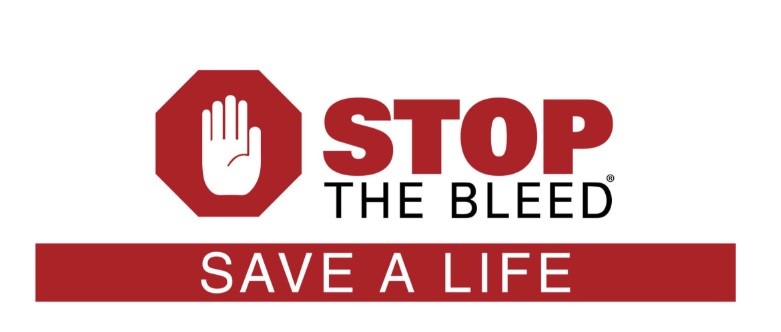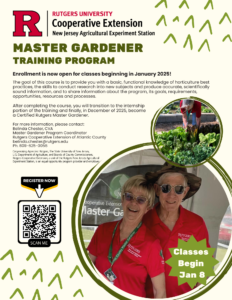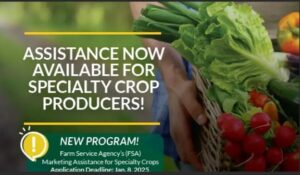 Uncontrolled bleeding after injury is a primary cause of preventable death. Are you prepared to stop a life-threatening bleed?
Uncontrolled bleeding after injury is a primary cause of preventable death. Are you prepared to stop a life-threatening bleed?
Stop the Bleed® training will teach you how to control bleeding through application of pressure, wound packing, and use of tourniquets. You are invited to attend an upcoming Stop the Bleed® training to be hosted at the NJ Agricultural Convention and Trade Show on Thursday, February 6, 2025 from 10 AM to 12 PM.
To attend, you must first register for the NJ Agricultural Convention and Trade Show. Single and multi-day passes are available on the VGANJ website.
Space is limited to 30 participants. Email Kate Brown (Ag Agent, RCE-Somerset County) at kbrown@njaes.rutgers.edu to secure your spot. Please include participant’s name and a contact phone number. Registrants will receive a complementary bleeding control kit.
Questions? Email kbrown@njaes.rutgers.edu.

 The Rutgers Master Gardener Program offers an intensive horticulture training to people interested in improving their gardening skills and giving back by helping to teach others. RMG ‘volunteers’ attend a series of classes in basic to intermediate horticulture, soils, fertility, pest and plant diagnosis, and management skills. In turn, they help their local County Rutgers Cooperative Extension office extend their outreach to the community by answering gardening questions on call-in/walk-in helplines or at community events; teach classes; and develop and implement demonstration gardens.
The Rutgers Master Gardener Program offers an intensive horticulture training to people interested in improving their gardening skills and giving back by helping to teach others. RMG ‘volunteers’ attend a series of classes in basic to intermediate horticulture, soils, fertility, pest and plant diagnosis, and management skills. In turn, they help their local County Rutgers Cooperative Extension office extend their outreach to the community by answering gardening questions on call-in/walk-in helplines or at community events; teach classes; and develop and implement demonstration gardens.

 The
The 